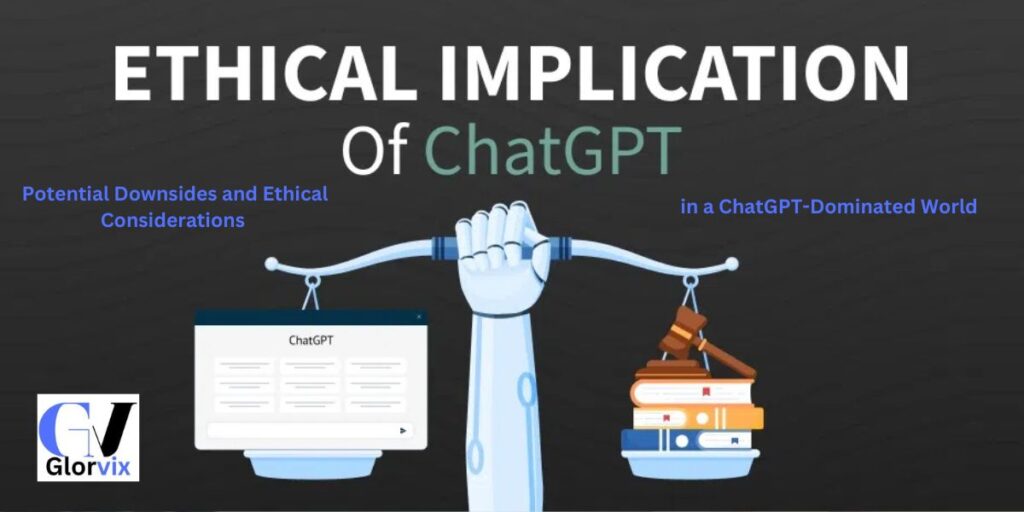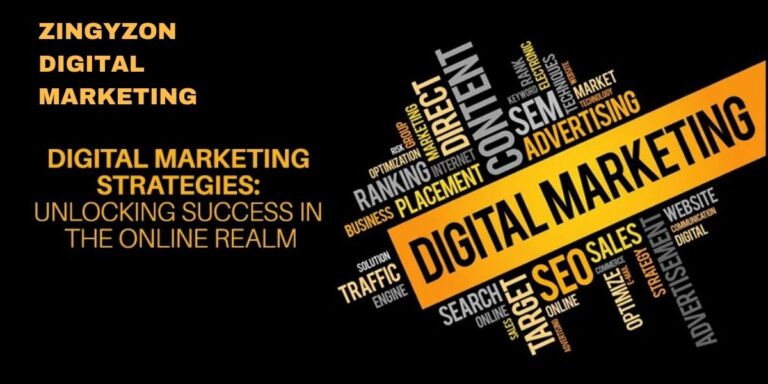What will future of SEO if ChatGPT kills Search Engines
Introduction: Is SEO Dead if ChatGPT Replaces Search Engines?
With the rise of AI models like ChatGPT, businesses, marketers, and SEO experts are starting to ask an increasingly relevant question: What happens to SEO if search engines lose their relevance? In an era where AI can instantly provide answers to complex questions, the traditional role of search engines is facing unprecedented challenges.
In this blog post, we’ll explore the potential future of SEO in a world where ChatGPT, or similar AI-driven platforms, replace traditional search engines. We’ll dive into the impact on SEO practices, the potential changes in user behavior, and how businesses can adapt to survive—and thrive—in a world driven by conversational AI.
1. The Current State of SEO and Search Engines: A Baseline
Search engine optimization (SEO) has long been a cornerstone of digital marketing. It’s about optimizing web pages and content to rank well on search engines, particularly on Google, which currently controls more than 90% of the search engine market. SEO practices revolve around understanding and catering to algorithms that prioritize relevance, authority, and user experience.
SEO techniques traditionally include:
- Keyword Optimization: Matching website content with common search terms.
- On-page and Technical SEO: Ensuring content structure, metadata, and site performance meet technical standards.
- Content Creation: Developing high-quality, informative content that answers user queries.
- Link Building: Acquiring backlinks to enhance domain authority.
These techniques were all tailored to cater to search engines that rely on algorithms to provide search results. But in a world where AI chatbots like ChatGPT deliver direct, conversational answers, could these principles of SEO become obsolete?
2. How ChatGPT Could Impact the Traditional Search Model
ChatGPT and other generative AI models have demonstrated the ability to answer questions, provide insights, and generate content in a conversational format. This disrupts traditional search in several ways:
2.1 Direct Answer Generation
Unlike search engines, which display a range of websites to choose from, ChatGPT provides a single, direct answer. This minimizes the need for users to visit multiple sites and shifts the focus from discovery to direct consumption.
2.2 Reduced Click-Through Rates
In a ChatGPT-driven environment, users don’t need to click on links to get answers. This fundamentally threatens web traffic, as users no longer need to navigate to websites, thereby affecting ad revenue and decreasing organic reach.
2.3 Conversational Interactions
Chat-based responses encourage back-and-forth conversations, reducing the need to type multiple queries into a search bar. It’s likely that instead of relying on static search terms, users will form complex queries that demand tailored responses.
2.4 Personalization and Contextual Understanding
ChatGPT can retain context, meaning it remembers past queries and personalizes responses accordingly. For marketers, this could open new avenues to reach users, as conversations become more nuanced than single-session queries.
3. The New SEO Landscape: What Will Change?

In a post-search-engine world, the traditional elements of SEO would not disappear—they would evolve to meet the requirements of AI-driven platforms.
3.1 Optimizing for AI Models Instead of Algorithms
With AI as the primary interface, SEO specialists may need to shift from catering to search engine algorithms to understanding how AI models prioritize information. This includes:
- Data Structuring: AI relies on clean, structured data, which means businesses will need to adopt schema markup and advanced metadata to ensure their information is accessible to AI-driven platforms.
- Training AI Models: AI systems learn from large datasets, so companies may start creating proprietary datasets that can be used to “train” AI models to prioritize their content.
3.2 Content Relevance and Depth
AI platforms thrive on detailed, relevant information. SEO may become more about creating in-depth, authoritative content rather than focusing solely on keyword density. This will likely mean producing richer, contextually aware content that aligns with anticipated conversational needs.
3.3 Incorporating Conversational SEO
Keywords will need to be framed in natural, conversational formats to meet the queries users pose in everyday language. “Conversational SEO” would involve predicting likely questions, then structuring content to mirror the back-and-forth nature of real conversations.
3.4 User Experience (UX) Will Be King
In a world where content is filtered through AI, only the most user-friendly and value-driven content will reach users. This means prioritizing UX principles like mobile responsiveness, accessibility, and engagement, ensuring content remains valuable regardless of the delivery medium.
4. The Role of Businesses: Managing Content and Adapting Strategies

With less reliance on driving traffic to websites, businesses may need to reconsider how they approach content ownership and distribution.
4.1 Creating Branded AI Channels
To maintain brand identity, companies could create their own AI-driven chatbots or branded information portals that answer questions about their products, services, and industry expertise. This shifts engagement from third-party AI to proprietary systems.
4.2 Investing in Niche Knowledge Graphs
AI platforms pull from extensive knowledge graphs to answer queries. Companies can contribute to or build specialized knowledge graphs in their niches to ensure their brand’s presence and authority in the industry.
4.3 New Metrics for Success
With lower click-through rates, traditional metrics like pageviews and bounce rates will become less significant. Businesses may need to develop new KPIs focused on engagement quality, AI-driven brand mentions, and conversational metrics.
5. The Role of AI-First Content Optimization Tools in the New SEO
Just as tools like SEMrush and Ahrefs have helped optimize for search engines, AI-first content optimization tools will help businesses adapt to AI-driven platforms. These tools might include features like:
- Natural Language Processing (NLP) Analysis: Assisting with writing in a more conversational, natural tone.
- AI Model Training Simulations: Providing insights into how different AI models interpret and rank content.
- Content Gap Analysis for AI Platforms: Analyzing existing content to highlight areas that can better align with common AI responses and conversational topics.
6. Potential Downsides and Ethical Considerations in a ChatGPT-Dominated World

6.1 Monopolization of Information
If one AI model becomes the primary information source, it centralizes power over information access. This could lead to biases in information presentation, especially if certain data is preferred over others.
6.2 Loss of Diverse Perspectives
Search engines provide diverse perspectives from multiple websites. With AI responses being direct and singular, users may miss out on alternative viewpoints.
6.3 Reduced Web Traffic for Small Businesses
For smaller businesses that rely on organic traffic, the lack of direct visibility could be damaging. This means that unless they adapt quickly to the AI model, their chances of reaching potential customers may decline.
6.4 Trust and Accuracy Concerns
ChatGPT’s answers are only as good as the data it’s trained on. As such, it may struggle with outdated information or inaccuracies. In a high-stakes scenario, such as legal or medical advice, this limitation could have serious consequences.
7. Conclusion: Preparing for a New Era in SEO
The future of SEO in a ChatGPT-dominated world will be both challenging and exciting. While traditional practices like keyword targeting and link building may become less relevant, there is ample opportunity for businesses to adapt and thrive by focusing on in-depth, conversational, and highly contextual content that resonates with AI-driven responses.
As AI becomes the new gateway to information, SEO will no longer be about “ranking” but about being present in the conversational streams that drive user decisions. Businesses, marketers, and SEO professionals will need to stay agile, leveraging technology, adapting to changing metrics, and embracing new models of user engagement.
In summary, while ChatGPT and similar AI systems might change the landscape, they won’t eliminate the core objectives of SEO—providing users with relevant, valuable, and accessible information. The challenge lies in how businesses can evolve their strategies to remain visible and relevant in a world where conversational AI, not search engines, is the primary conduit for information.







